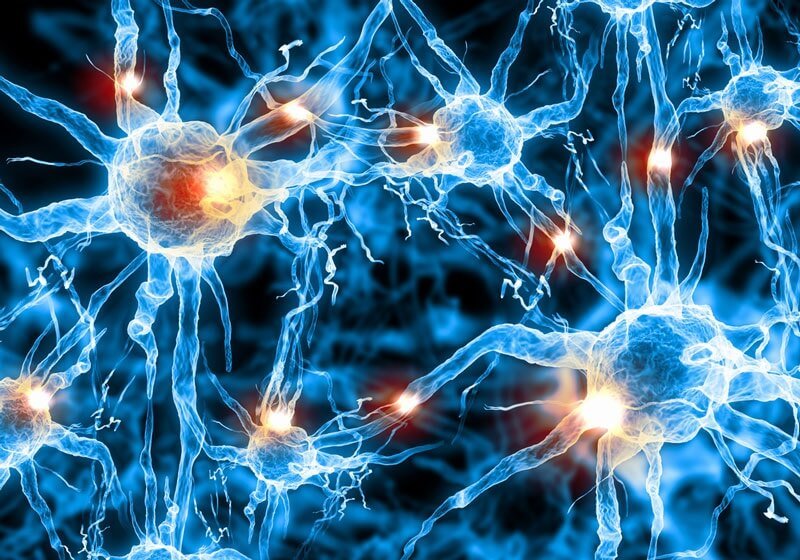By Health 1+1 | Guest Post
Everyone has more or less negative emotions, such as resentment and dissatisfaction. These emotions will usually pass after a while. However, if you often feel resentment, you should beware of the negative emotion’s ability to make you grow wrinkles early and age faster. Why is that?
Have you ever noticed? When you are in a resentful or angry mood, your facial muscles become stiff, so you have to deliberately lift the corners of your mouth to squeeze out a smile, and the muscles in the eyebrow area will also tighten up.
Such facial expressions tend to make people look older. However, if you are often in such a mood, you’re no longer “looking” old, but actually getting old.
Dr. Gyaltsen Lobsang, preventive medicine expert and director of the Lobsang Preventive Medicare Clinic, pointed out that among his patients, those who have a lot of grievances usually look older than people of the same age. Especially after the age of 60, between people who often smile and those who don’t, and the people who are often resentful and those who aren’t, the differences in the aging of their faces are quite obvious, as well as the differences in the number of their facial wrinkles.
When a person harbours resentment, other negative emotions such as anger, panic, anxiety, and vengefulness will all follow, accompanied by irritability and stress. According to Dr. Lobsang, when negative emotions have accumulated for a long time, it will cause a gradual dysregulation of the autonomic nervous system, thus producing many physical problems.
The autonomic nerves include sympathetic and parasympathetic nerves, which are widely distributed in various tissues and organs of the body. Once the autonomic nervous system is dysregulated, insomnia, gastrointestinal problems, metabolic problems, and many other problems will knock on your door.
When a person has poor sleep quality, poor digestion and absorption, and poor metabolism, the body’s ability to repair itself will also decline, resulting in slow muscle loss, poor collagen regeneration, and dull skin. This will make people prone to wrinkles and eye bags. Their skin elasticity and moisture retention will also decline, making their appearance look older.
In addition, resentment, anger and other negative emotions will also prompt the sympathetic nerves to make the adrenal glands release more “stress hormone”–cortisol.
When there is too much cortisol in the body, it will not only inhibit hair growth and result in less hair, but will also destroy collagen and inhibit the secretion of the sex hormone precursor DHEA in the body. A DHEA secretion deficiency over a long period of time will accelerate aging.
The effect of different emotions on people’s appearance “can be quite visible in as little as 10 years,” said Dr. Lobsang.
Negative emotions are reflected in the appearance not only in the increase of wrinkles, but also in people’s susceptibility to skin diseases.
The skin is the largest organ of the human body and includes hair, nails, epidermis, and dermis. The skin is also an organ closely related to emotions. For instance, anger, stress, fear and other negative emotions will make the skin red, pale, sweaty and/or itchy.
A 2020 Italian review found that people affected by skin diseases often have corresponding psychological problems. For example, emotions such as hatred or disgust are highly associated with psoriasis. Anger is frequently associated with psoriasis and atopic dermatitis, followed by urticaria, erythema, chronic idiopathic urticaria, acne, and vitiligo.
Resentment Is a Toxin That Can Also Shorten Your Life Span
“In preventive medicine, the mind governs,” Dr. Lobsang said, “and psychological toxins are the most toxic.” Resentment is a very poisonous toxin. He has seen that patients with high levels of resentment not only age, but they are also prone to cancer.
Modern science has also discovered that resentment shortens people’s life spans.
There is a key structure at the ends of linear chromosomes, the telomeres, which are the “protective caps” of the DNA. Every time a cell divides, the telomeres shrink a little, and when they are too short to shrink, the cell dies. Thus, behaviours that damage telomeres can cause premature aging.
A 2012 study published in Biological Psychiatry found that people who were highly cynical and hostile had significantly shorter telomere lengths than others. And the relationship between hostility and diseases was more pronounced in men than in women.
Another study in 2017 found that cynical men were at much higher risk of cardiovascular diseases, including heart disease and stroke, and had higher mortality rates than average.
According to Dr. Lobsang, the only way to be optimistic and happy is to change one’s mindset, so that one’s autonomic nervous system will be balanced and able to maintain normal physiological functions. People who often have a happy smile on their face have more developed facial muscles and firmer skin.
Dr. Lobsang advises everyone to stop holding grudges, if that’s the case, so that they will look younger than before, both in physical age and in appearance.
About Health 1+1
Health 1+1 is the most authoritative Chinese medical and health information platform overseas. Every Tuesday to Saturday from 9:00 am to 10:00 am EST on TV and online, the program covers the latest on the coronavirus, prevention, treatment, scientific research and policy, as well as cancer, chronic illness, emotional and spiritual health, immunity, health insurance, and other aspects to provide people with reliable and considerate care and help. Online: EpochTimes.com/Health TV: NTDTV.com/live

